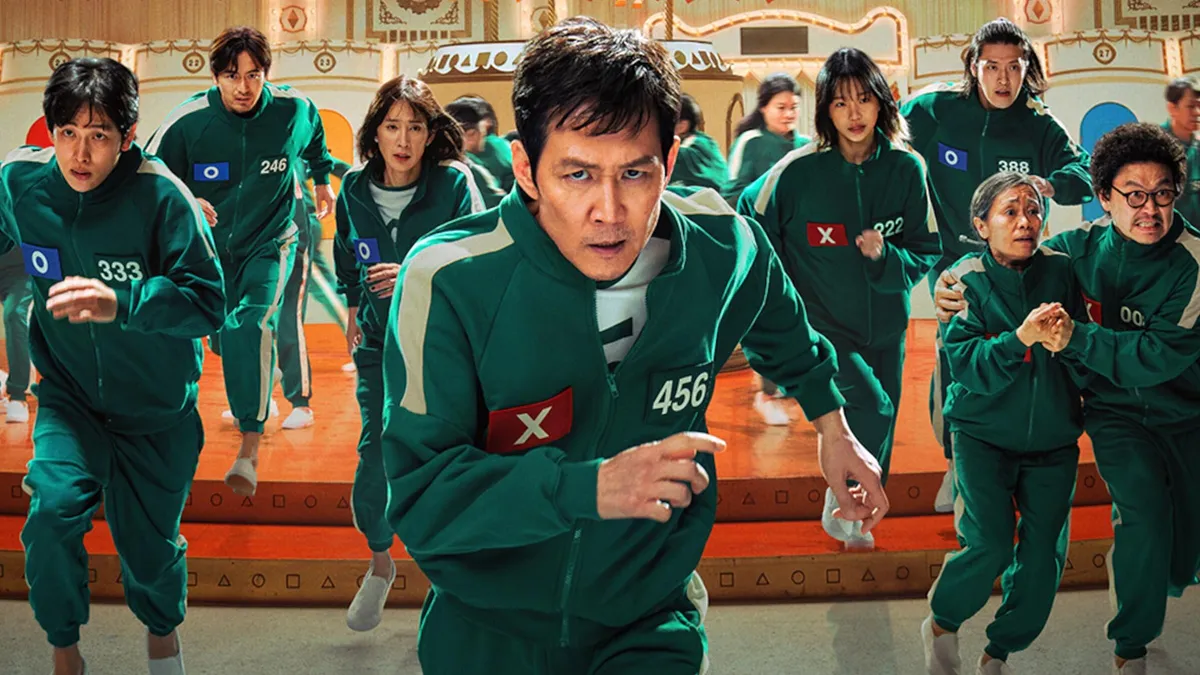The global phenomenon "Squid Game" has returned to Netflix with its highly anticipated second season, released today. Building upon the intense narrative of its predecessor, Season 2 delves deeper into the psychological complexities of its characters while introducing new, harrowing challenges that continue to captivate audiences worldwide.
A Darker, More Gruesome Narrative
Creator Hwang Dong-hyuk has intensified the series' signature blend of suspense and social commentary. In an interview with Empire, he revealed that the new season is "much crueller, scarier, and more gruesome" than the first, pushing both characters and viewers to their limits.
Plot Developments and Character Arcs
Season 2 picks up three years after the events of the first season, following protagonist Seong Gi-hun (Lee Jung-jae) as he seeks to dismantle the deadly games from within. Teaming up with former detective Hwang Jun-ho (Wi Ha-joon), Gi-hun's quest for justice introduces new layers of intrigue and moral complexity.
Critical Reception
Early reviews highlight the season's success in maintaining the show's intense atmosphere while expanding its thematic depth. Critics praise the series for its "high-stakes drama, psychological depth, and riveting performances," noting that it delivers "bigger and better" episodes that surpass the original in both scope and execution.
New Challenges and Twists
The introduction of new games and characters adds fresh dynamics to the series. Notably, the season incorporates a voting mechanism that forces contestants to confront their moral boundaries, echoing contemporary societal dilemmas and enhancing the narrative's complexity.
Conclusion
"Squid Game" Season 2 has been met with critical acclaim for its intensified action sequences, psychological depth, and thought-provoking themes. As viewers immerse themselves in this latest installment, the series continues to challenge perceptions and spark conversations about human nature and societal structures.
